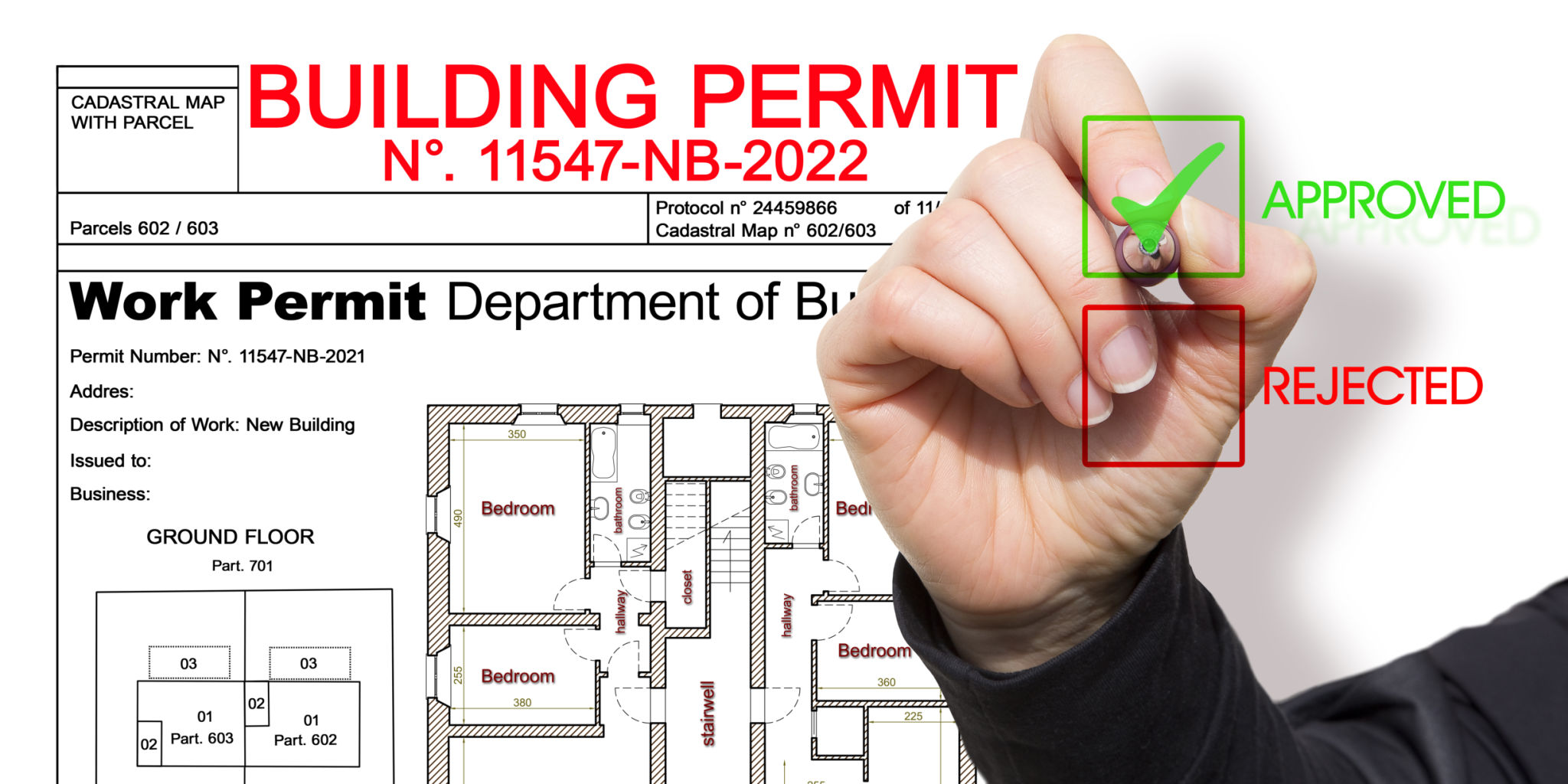Navigating Construction Regulations: What Homeowners Should Know
Understanding Construction Regulations
When embarking on a home renovation or new construction project, homeowners often find themselves navigating a complex landscape of construction regulations. These rules are in place to ensure that buildings are safe, accessible, and energy-efficient. Understanding these regulations is crucial to avoid legal complications and ensure a smooth construction process.

Why Construction Regulations Matter
Construction regulations serve multiple purposes. They help maintain structural integrity, promote safety, and ensure environmental sustainability. For homeowners, adhering to these regulations can prevent costly fines and legal issues down the line. Moreover, compliance can enhance the overall quality and value of your property.
Obtaining Necessary Permits
Before breaking ground on your project, it’s essential to obtain the necessary permits. These permits are legal approvals from local authorities that allow you to carry out specific construction activities. Typically, permits are required for major renovations, new constructions, electrical work, plumbing, and structural changes. Failing to secure these permits can result in penalties or even the cessation of your project.

Key Regulations to Consider
Homeowners should be aware of several key regulations that might impact their construction projects. These include zoning laws, building codes, and energy efficiency standards. Zoning laws dictate how land can be used in certain areas, affecting the size and type of structures you can build. Building codes ensure that constructions meet minimum safety standards.
Working with Professionals
Given the complexity of construction regulations, many homeowners choose to work with professionals such as architects, builders, and contractors. These experts are knowledgeable about local regulations and can guide you through the process. They often coordinate directly with local authorities to ensure that all necessary approvals are obtained and that your project remains compliant.

Staying Informed and Updated
Construction regulations can vary significantly from one location to another and are subject to change. It's crucial for homeowners to stay informed about any updates or changes in local laws. Regularly checking with local building departments or consulting with a legal expert can help you remain compliant with current standards.
The Role of Inspections
Inspections are a critical part of the construction process. Local authorities will conduct inspections at various stages of your project to ensure compliance with regulations. These inspections verify that the work being done meets all safety and quality standards. Passing these inspections is essential for obtaining final approval and ensuring the safety and longevity of your construction.
Conclusion: The Importance of Compliance
In conclusion, navigating construction regulations may seem daunting, but it is a vital aspect of any building project. By understanding the importance of these regulations, obtaining necessary permits, working with professionals, staying informed, and passing inspections, homeowners can ensure a successful and compliant construction process.

